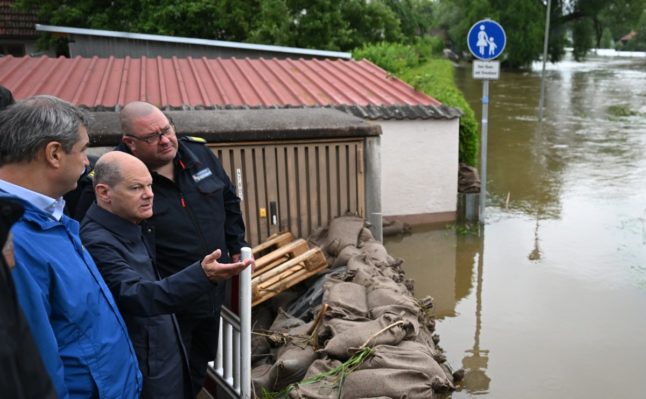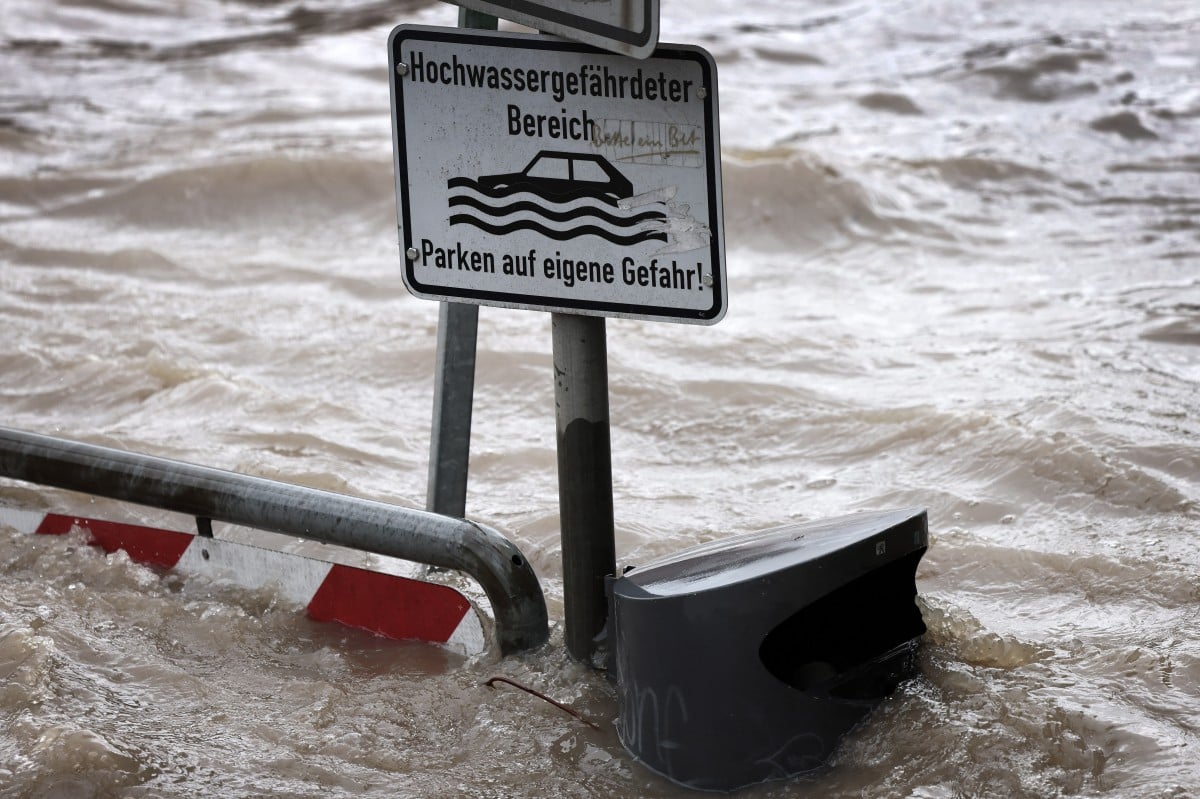The organization touched a nerve when it urged people to keep their windows open and fans on, despite the aversion in Germany to Durchzug, the word for a draught or passage of air that moves through a closed space.
In a tweet the Red Cross wrote that heat “should not be endured in the apartment: All windows open and fans on! ('Durchzug' is not harmful, only Germans believe that).”
READ ALSO: How to keep cool during Germany's heatwave
Zum Umgang mit der Hitze:
1.) Viel trinken! – kein Alkohol!
2.) Schatten
3.) Ist es in der Wohnung nicht auszuhalten: Alle Fenster auf und Ventilatoren an! (“Durchzug” ist nicht schädlich, das glauben nur Deutsche)
4.) keinen Sport am späten Nachmittag (Max Temperatur gg 18 Uhr)— Deutsches Rotes Kreuz Löhne (@DRKLoehne) June 24, 2019
So why has this advice gone viral in Germany? It's down to many people in the country's fear of Durchzug.
Jahaaaa: Natürlich kann “Durchzug” z.B. zu Nackenverspannungen führen – aber davon holt man sich keine Erkältung (dafür braucht es Viren). Durchzug ist nichts anderes als Wind.
Auch Spanier kennen das Phänomen als “corriente de aire” – Stromluft/Luftstrom.
— Deutsches Rotes Kreuz Löhne (@DRKLoehne) June 24, 2019
In their tips, the Red Cross advised people to drink water and avoid alcohol, to avoid sports in the afternoon when it's hot and to stay in the shade.
SEE ALSO: Is it ever legally too hot to go to work or school in Germany?
5.) denkt an eure Großeltern, Eltern und Nachbarn. Kauft ihnen Wasser und Ventilatoren.
6.) lasst niemals Kinder, Tiere und Praktikanten “nur kurz” im Auto sitzen. Lasst einfach niemanden im Auto sitzen, wenn ihr es abstellt.— Deutsches Rotes Kreuz Löhne (@DRKLoehne) June 24, 2019
The last item on the list was also a bit tongue in cheek. “Never let children, animals and interns sit 'only briefly' in the car. Just don't let anyone sit in the car,” they said.




 Please whitelist us to continue reading.
Please whitelist us to continue reading.
Member comments